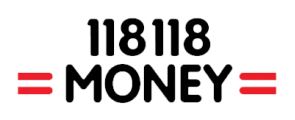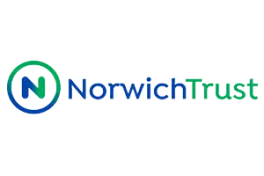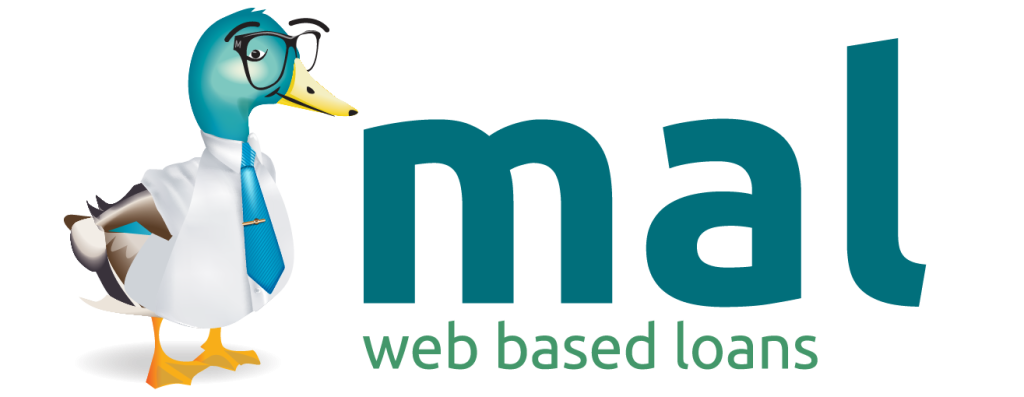Borrowing an unsecured debt consolidation loan is easier if you know exactly how much money you need to settle your ongoing debts. Plus, since the loan is unsecured, you will not be required to pledge any assets to secure it. But even unsecured loans have profound repayment implications. Consider the following before making your final call:
Is this a suitable loan amount for me?
Assessing your ability to repay a loan should be the first step before applying for one. It is essential that you only borrow an amount you can repay within the mutually-agreed repayment period.
Will I be able to commit to the loan term?
Long-term loans demand more commitment. You may be able to lower your monthly payments with a long term loan, but you may end up paying more interest over time. Determine the correct term for your financial situation.
What happens if I miss a repayment?
You might lose a few points from your credit score if you miss a payment. The consequences of multiple missed payments can lead to a default, which may be followed by a County Court Judgment (CCJ) affecting your credit score severely. A CCJ stays on your credit report for up to 6 years, hampering your chances of securing credit in the future. Thus, you must pay off your debts on time and maintain healthy credit.
Do I need a contingency plan?
Staying on top of your repayments will be easier if you have a contingency plan for dealing with emergencies. Make an informed decision before borrowing a debt consolidation loan. Suppose the interest rate on your debt consolidation loan is more significant than all of your debts combined. In that case, it may not be worthwhile.
Will I incur an early repayment charge?
Some lenders levy additional charges on early repayment or settlement of loans. This detail is usually mentioned in the fine print of your loan agreement. When you borrow a debt consolidation loan to pay off your debts, you are essentially settling your debts once and for all. Suppose your lender imposes an early settlement fee that costs you more overall. In that case, it might defeat the whole purpose of consolidating your debts. Thus, you must ensure that none of your debts come with an early repayment or settlement fee.






















